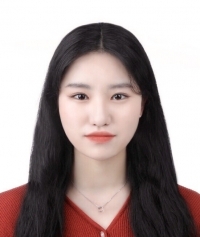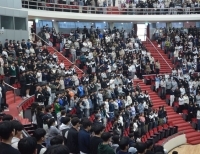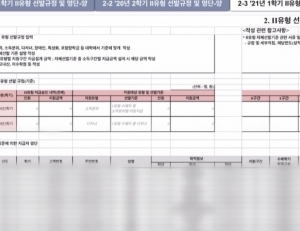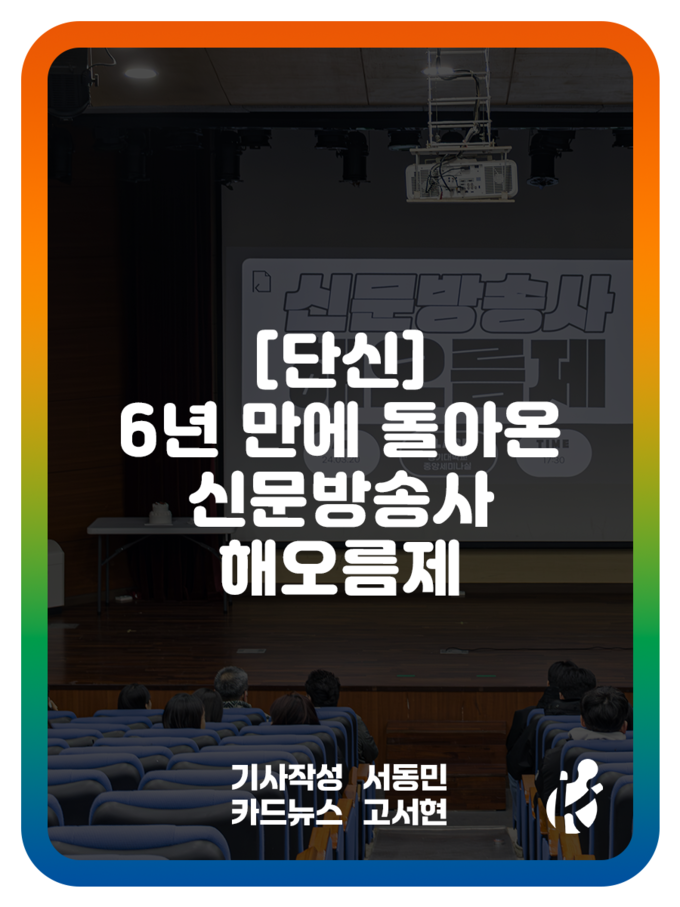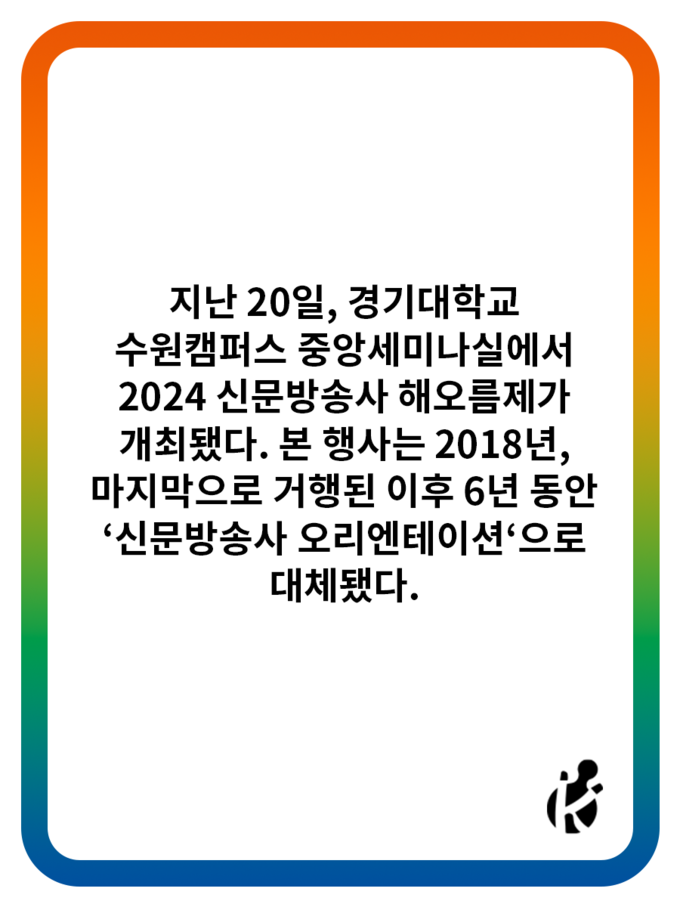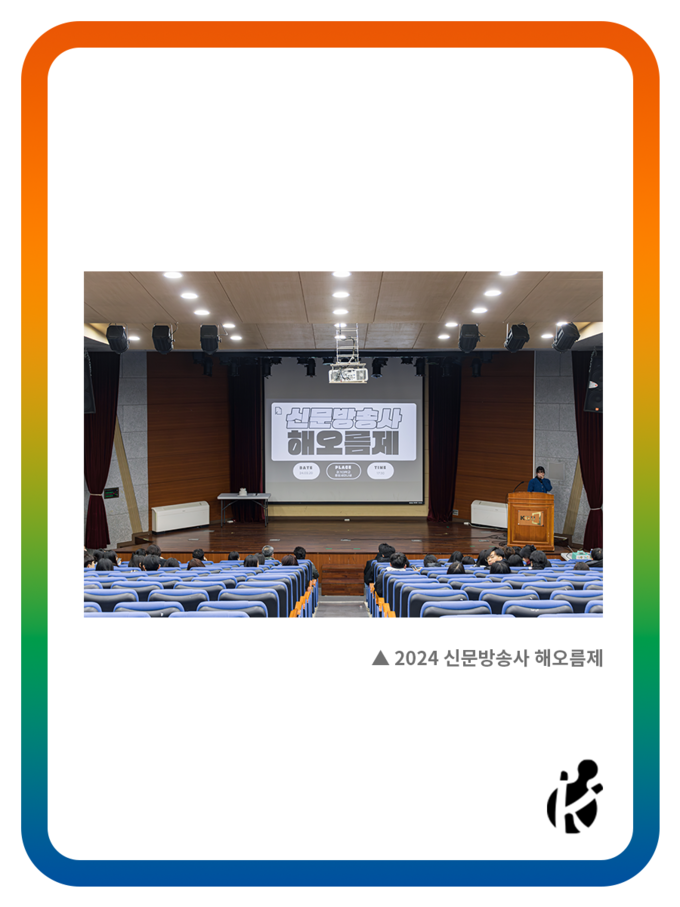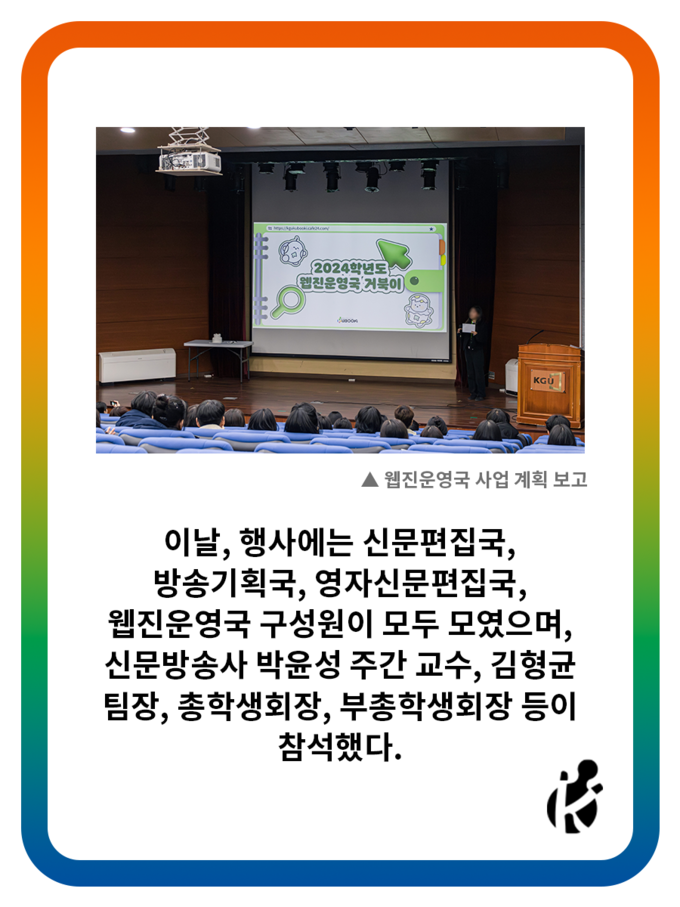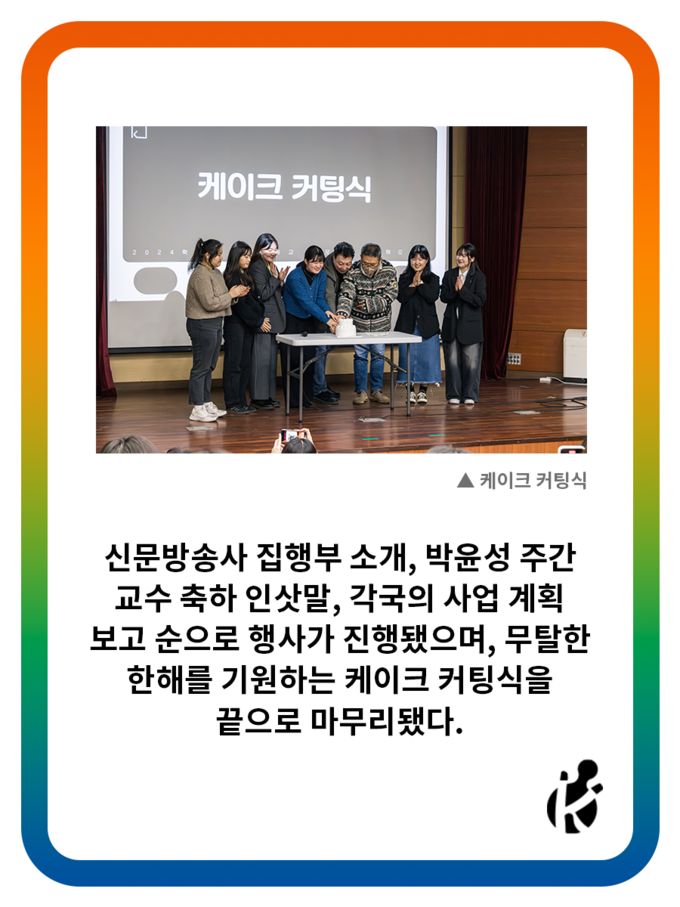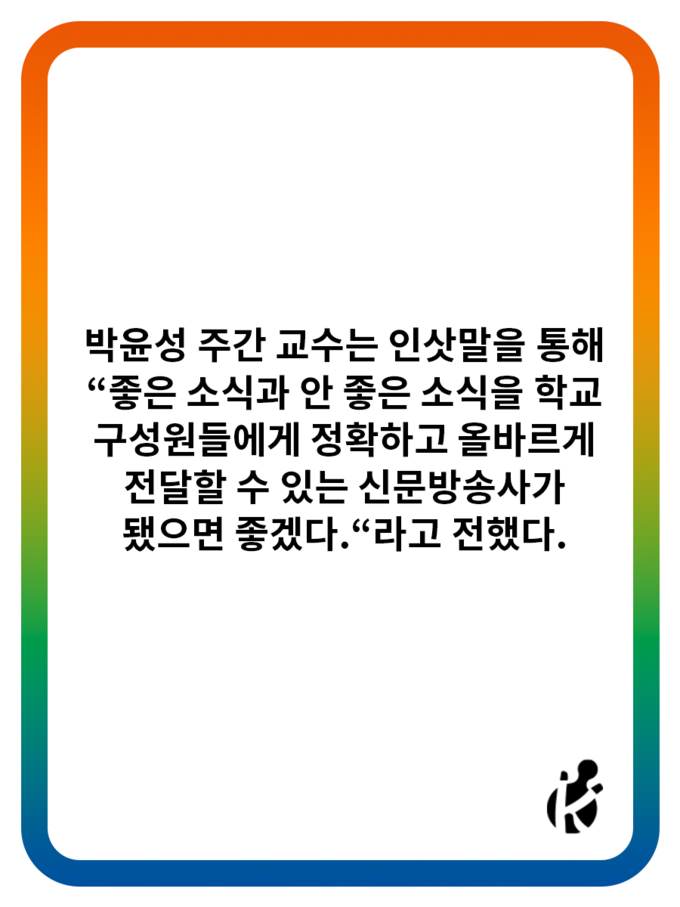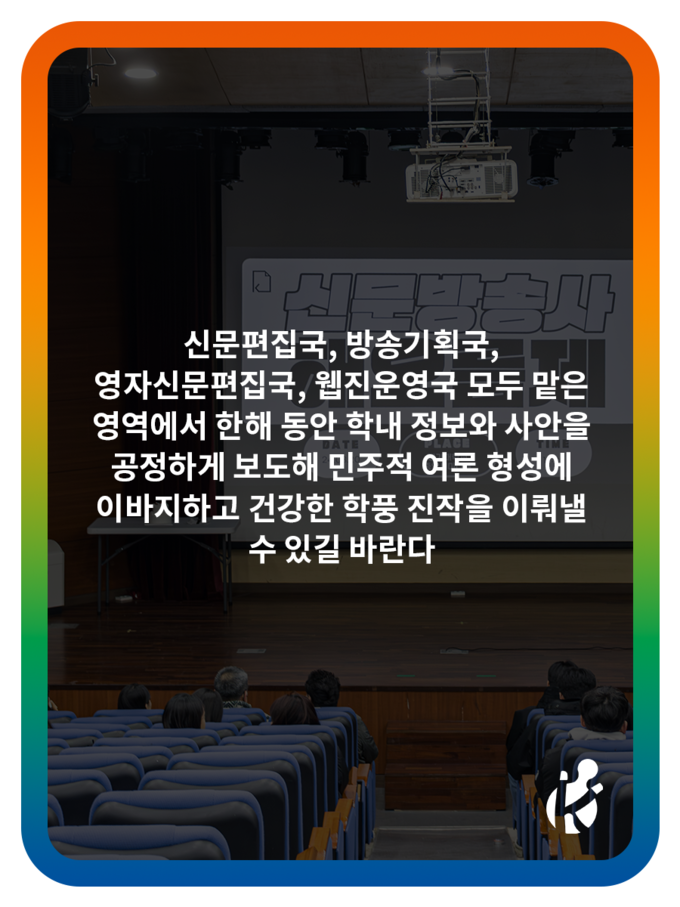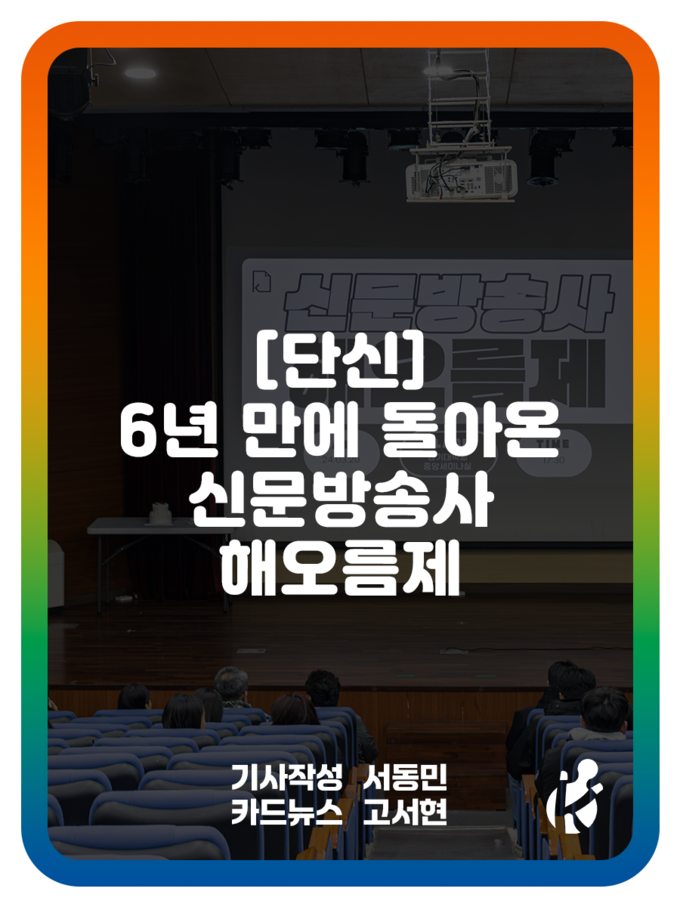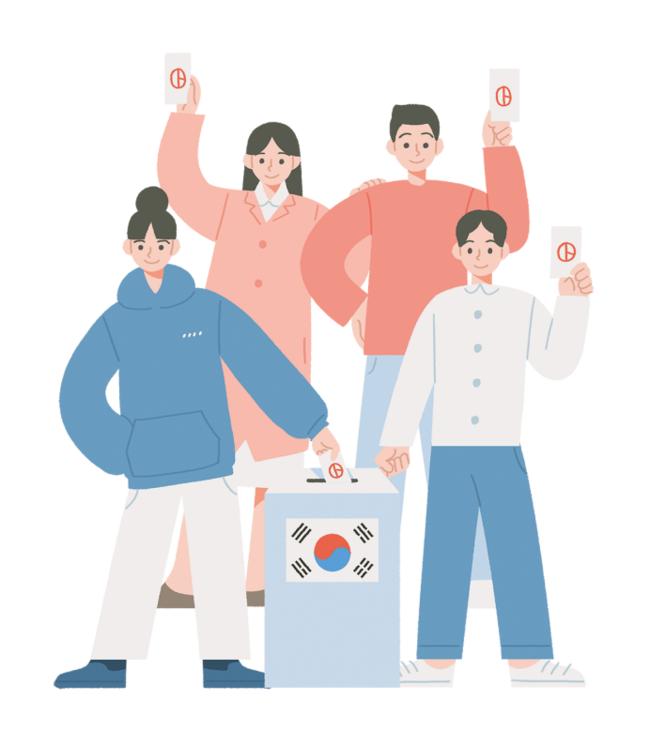
2024 is the global election year. General and presidential elections are scheduled in about 50 countries such as the United States, Taiwan, India, Japan, and the United Kingdom. According to this social situation, lots of fluctuation and uncertainty are rising in both international society and the economy. On April 10, there will be the 22nd National Assembly Election. People are deeply interested because the results of the election and the initiative of state affairs are closely related. What is the origin of elections? Elections started in the direct democratic system in ancient Greece where Athens's citizens decided the affairs of the country. In Korea, a temporary charter of the Provisional Government of Korea in 1919 proclaimed the democratic republican system and voting rights, and after independence, parliamentary democracy and modern Western electoral systems were introduced. The first election was held in 1948 and soon democracy grew in Korea.
During election time, there are lots of campaigns and events encouraging people to vote. In contrast, turnout among the youth in their 20s is low. According to data from the three broadcasting agencies and the National Election Commission in the 20th presidential election, turnout among 20-somethings is remarkably low in comparison with other age groups. This phenomenon not only results in a lack of representation for the interests of the youth, but also creates a non-comprehensive political environment in the decision process. What is the reason behind low poll ratings among 20-somethings? The common reason that society asserts is political apathy. However, there is a more fundamental problem. First, the proportion of beneficiaries who profit from the policies proposed by candidates is lowest among youth compared to other age groups. There are many pledges that include education and welfare for the elderly and the generation after them (ages 40-60), while the pledges that support the young generation are lacking. In addition, even if policies are aimed at young people, there are pledges that target only some portion of young people or are otherwise unrealistic. For example, policies about support for startups or jobs set qualifications for the benefits or require additional conditions such as language licenses or academic credits. In other words, it is said to be a policy for the youth, but in reality, many young people are left alienated. Second, election education is lacking. Society continuously encourages people to vote, but there are still many voters who are ignorant of the importance of election and voting rights. They learned it in their school days, though there isn't re-education for adults, and the awareness of elections was buried in their minds. This social environment has made the youth indifferent to politics.
In Korea in the 1970s and 1980s, the citizens did not directly elect the president. The so-called 'gym election' was implemented in which delegates gathered in the gym and elected themselves. In defiance of this, the direct presidential election system was implemented as a result of the 'The June Democracy Movement' in 1987. As a result, the Republic of Korea was able to elect representatives through direct elections. The June Democracy Movement is meaningful in that it suppressed the dictatorship through civil resistance and achieved a constitutional amendment to the direct presidential system. In addition, it became a decisive opportunity for the political, social, and cultural ideologies and institutions of democracy to take root. In addition, the June Democracy Movement was a struggle led by workers, students, citizens, poor people, and farmers throughout society. So many people sacrificed for direct elections and democracy. The duty to vote is a right of the people that has been hard-won through years of democratic movements and sacrifices. If we take that right for granted, we will inevitably encounter the dark reality of the dictatorial society of the past.
2024 is the first time in history that 4 billion people, a population that accounts for about 40% of world GDP, will vote. This January, Taiwan's election, which is reflective of the proxy war between the United States and China, was held. In the case of Taiwan, the method of determining the number of candidates is different. Elections are held every four years, and candidates receive election numbers through a lottery. In addition, unlike South Korea, there is no early voting system, so voting is only possible on the day. Even voting hours on election day are only from 8 a.m. to 4 p.m. In addition, Taiwanese cannot vote unless their current residence is registered as their address. The Russian presidential election is scheduled for March. In the case of Russia, candidates are elected by direct election by the people of the Russian Federation. The right to vote exists only for Russian citizens aged 35 and over who have lived in Russia for more than 10 years. If there are no candidates with a majority, the final round will be held with the top two candidates. The term was originally four years, but the term was extended to six years by the revision of the Constitution in 2008. A three-term president of the Russian Federation who is elected consecutively is banned, so the maximum period for consecutive terms is 12 years. In November, the United States presidential election takes place. The United States presidential election takes place every four years. The presidential election is always held on the Tuesday following the first Monday in November, so this year it is being held on November 5. The most common method used in United States elections is the first-past-the-post system, where the highest-polling candidate wins the election. Under this system, a candidate only requires a plurality of votes to win, rather than an outright majority. Because of this method, the overall vote rate is higher, but there are cases where the election is unsuccessful. In 2024, there will be elections in many countries around the world from the beginning of the year to the end of the year. Elections in various countries around the world can affect geopolitics. Depending on the election results, each country's policy stance may change in various fields such as diplomacy, security, and economy.
The 22nd National Assembly election in Korea will be held on April 10, 2024. Early voting will take place from 6 a.m. to 6 p.m. from April 5 to 6, and counting will take place immediately after the vote ends on April 10. The person you want may or may not be elected. However, we must proudly exercise our rights, such as the principle of free elections. We will be able to find what we want little by little. Many people think Election Day is just a day off, saying, "It's just me. It doesn't matter to me." This means forfeiting the rights and obligations of voters. If nobody participates in the election, no one can expect a government for citizens. Democracy can't blossom in this land without our attention. There is a saying that the world changes when voters enjoy their rights. It is time for the citizens to express their interests through voting so that a transparent society can be created with clean elections.
77th Reporter • JOE YEON WOO • amyjoe0213@naver.com
80th Reporter • CHOI JUN HONG • chloi0058@naver.com
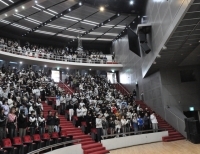 What Happened in KGU? : 수원캠퍼스 학생총회 편
On April 4th, a general meeting of students was held in the Tele-convention center at the Suwon campus. The contents were the same as the general meeting of students in the Seoul campus: the first part was for agenda announcement, the second part was about the Membership Training for whole university, and the third part was simple Q&A time. In the first part, the agendas were all the same as the ones for the Seoul campus, and the result of the ...
What Happened in KGU? : 수원캠퍼스 학생총회 편
On April 4th, a general meeting of students was held in the Tele-convention center at the Suwon campus. The contents were the same as the general meeting of students in the Seoul campus: the first part was for agenda announcement, the second part was about the Membership Training for whole university, and the third part was simple Q&A time. In the first part, the agendas were all the same as the ones for the Seoul campus, and the result of the ...

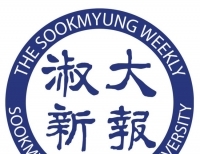 [타 대학보 축사] 경기대신문의 1100호를 진심으로 축하드립니다
[타 대학보 축사] 경기대신문의 1100호를 진심으로 축하드립니다
 [와이파이] 큰 박스에 달랑 물건 하나, 과대포장 규제 정책 시행은 언제쯤
[와이파이] 큰 박스에 달랑 물건 하나, 과대포장 규제 정책 시행은 언제쯤
 [문화산책] 이 세계는 멋져 보이지만 모두 환상이야
[문화산책] 이 세계는 멋져 보이지만 모두 환상이야
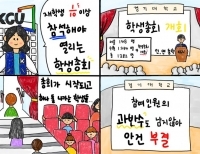 [네컷만화] 학생총회
[네컷만화] 학생총회

 목록
목록





